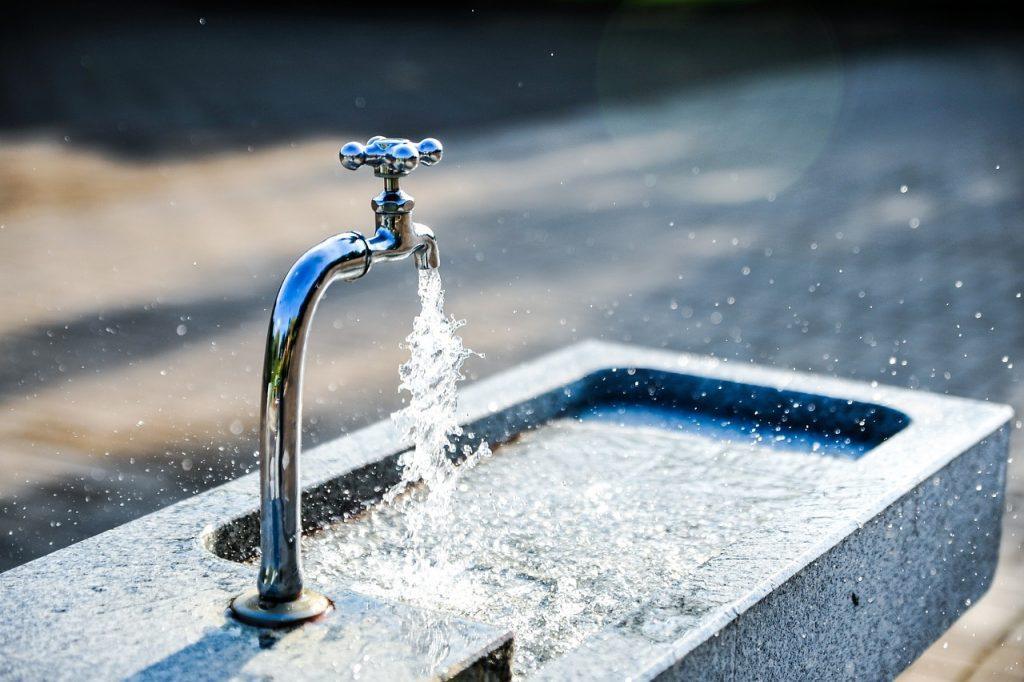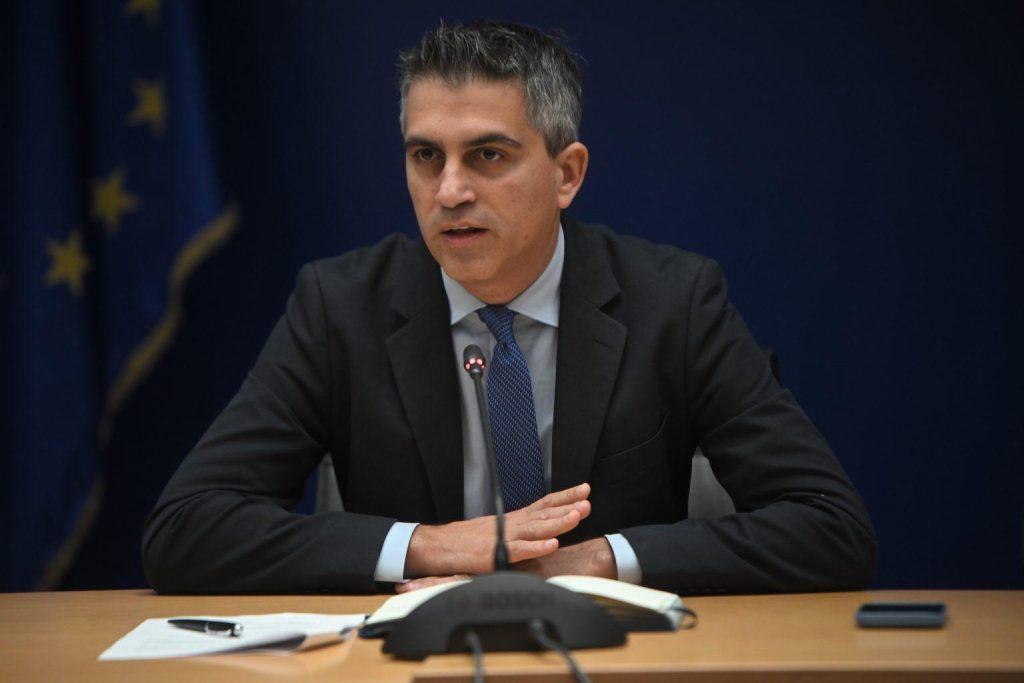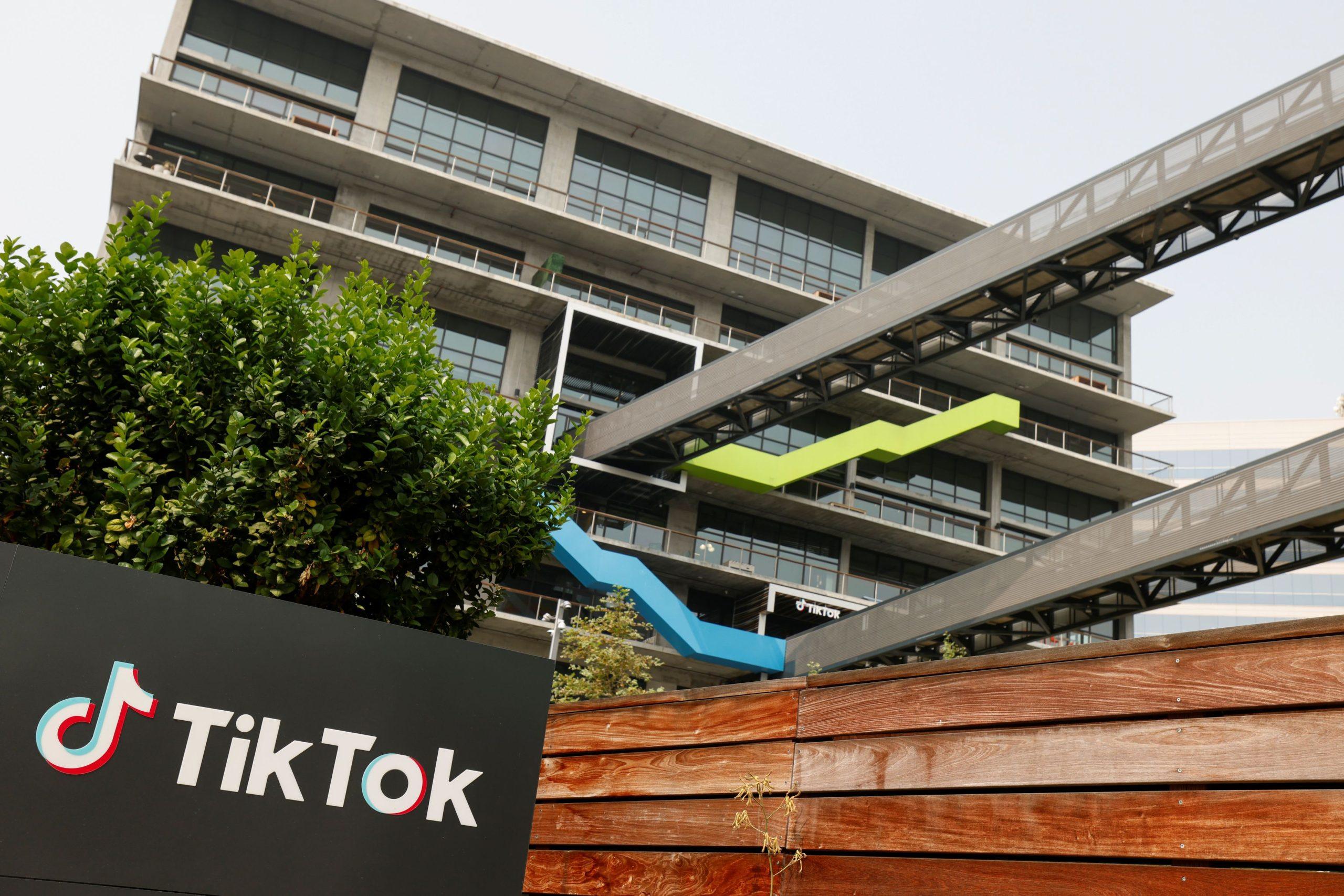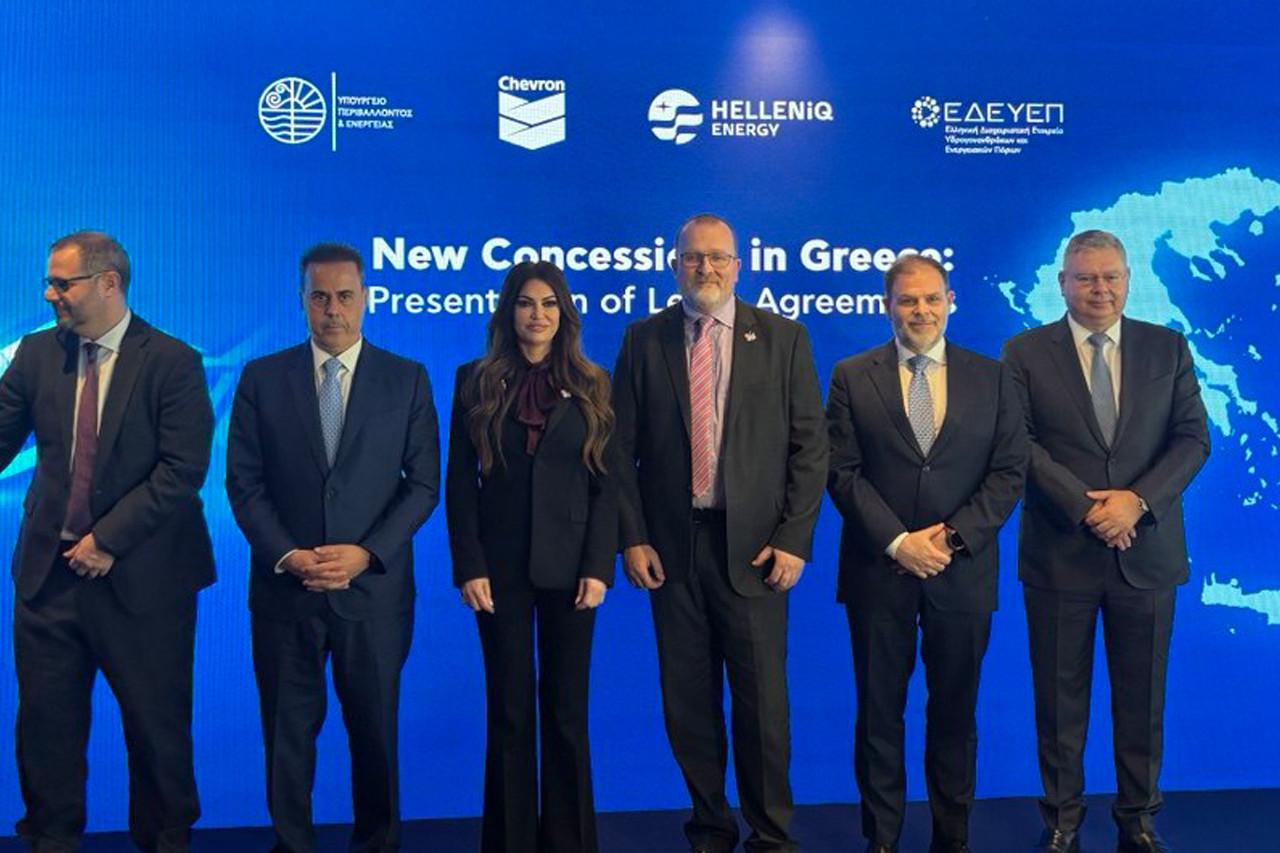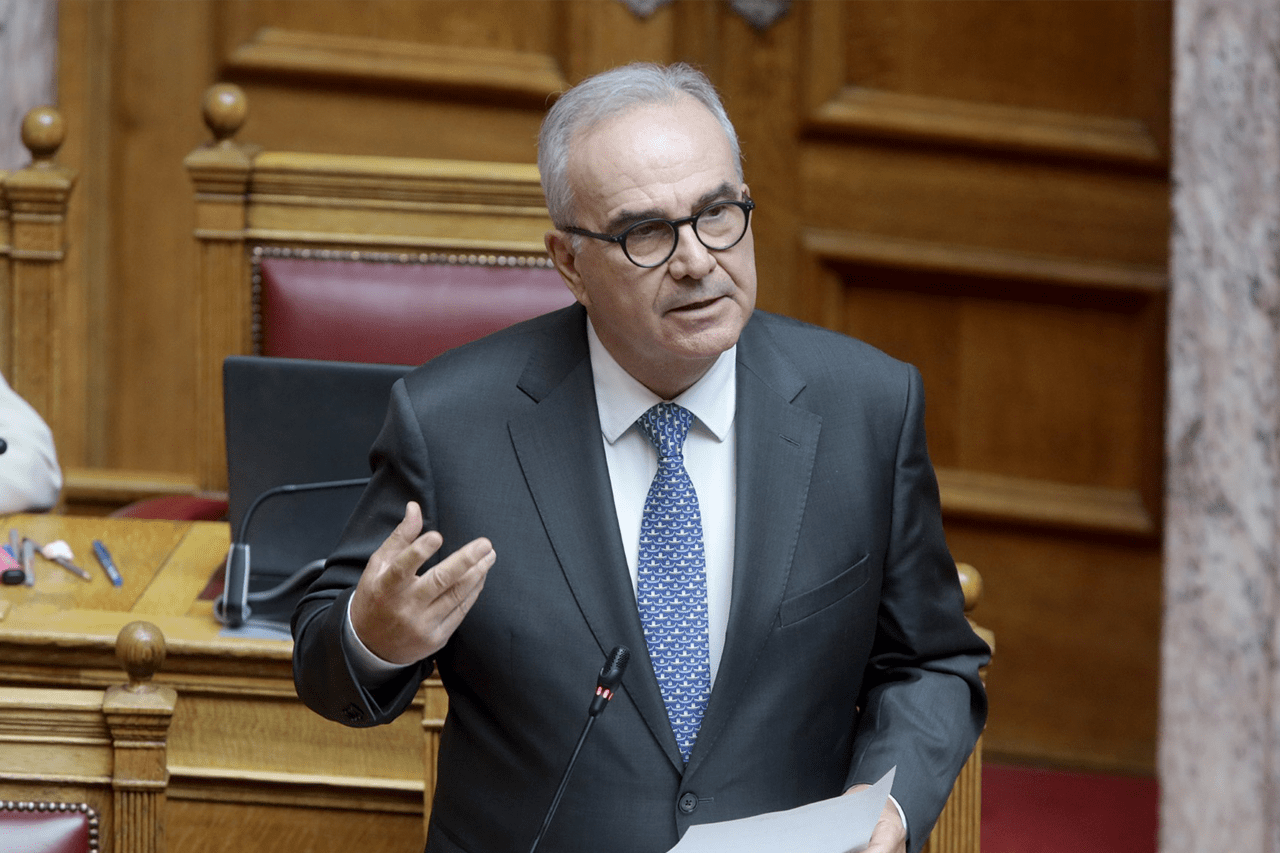Officials warn that if current trends continue, Athens could face severe shortages within two years.
The capital is approaching a critical water shortage, with reservoir levels across Attica — the region surrounding the Greek capital — dropping to historic lows, sparking alarm among authorities. According to the Athens Water Supply and Sewerage Company (EYDAP), as of October 27, 2025, the area’s four reservoirs contained less than 380 million cubic meters of water, roughly 25% of their total capacity.
Nearly three-quarters of the reservoirs are now empty, and water levels have fallen 37% in the past year — a rate that experts say could leave the region without sufficient reserves within the next two years. The government is expected to announce emergency measures soon, potentially by Prime Minister Kyriakos Mitsotakis himself.
A worsening climate outlook
The crisis comes as Greece ranks 19th worldwide in water scarcity risk, according to international indicators. Experts warn that the climate crisis is amplifying drought conditions across southern Europe, turning rainfall patterns increasingly erratic.
Rather than steady rain, short, intense storms are becoming more common, preventing the soil from absorbing water efficiently. Meanwhile, reduced snowfall — a vital long-term water source for rivers, lakes, and aquifers — is further straining supply.
Aging infrastructure and waste
Beyond climate factors, much of Greece’s water stress is due to infrastructure problems and wasteful consumption. The OECD estimates that up to 30% of water is lost through leaks and illegal use in the country’s outdated networks. Inefficient irrigation practices — such as sprinkling instead of drip irrigation — also waste significant volumes of freshwater.
Another factor is tourism, which has surged dramatically in recent years. According to a Deloitte study, water use for urban supply has increased by around 150% since 2000, especially in Athens, now a year-round global destination.
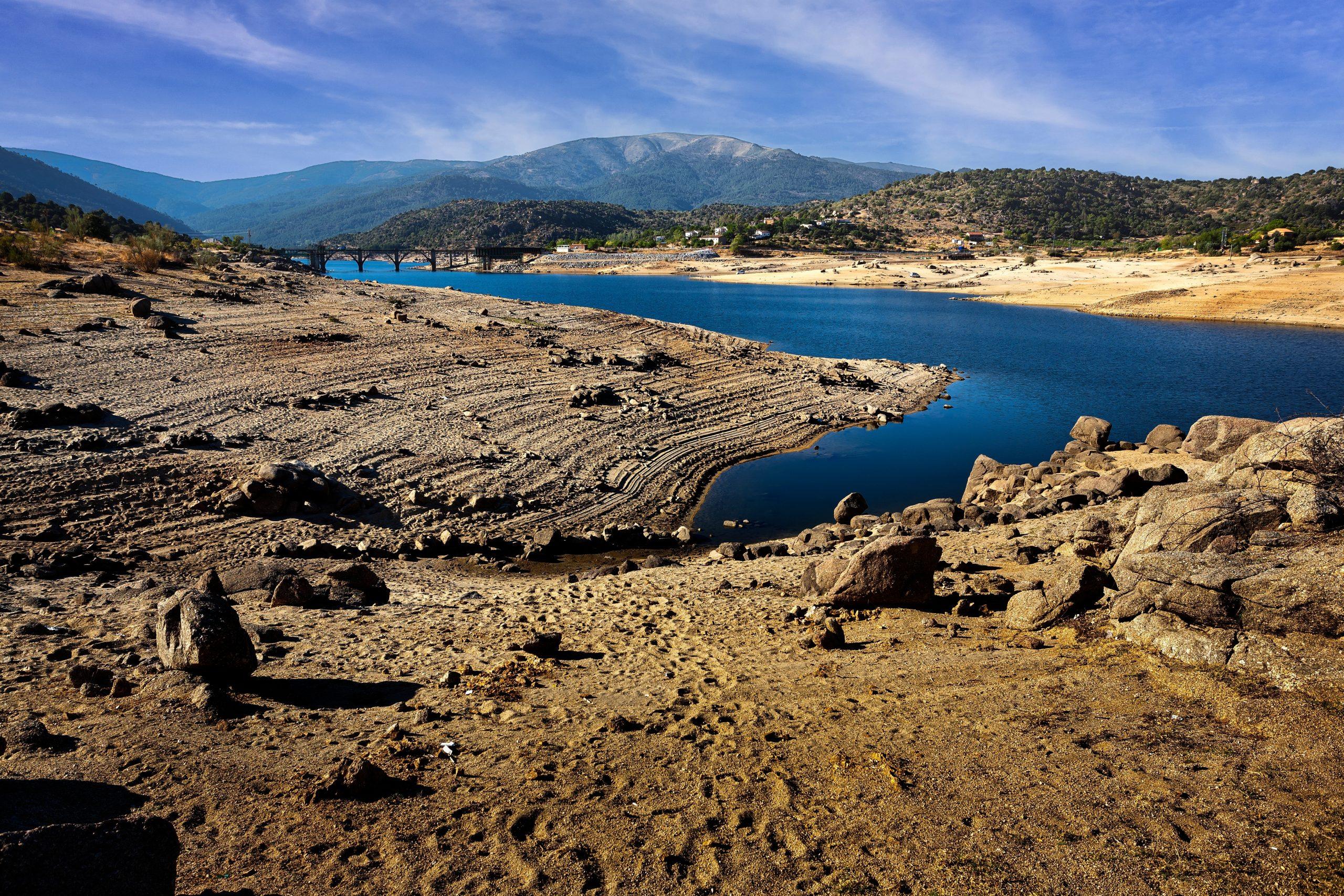
Vanishing rivers and urban expansion
Experts also point to decades of urbanization that have dramatically altered Athens’ natural water landscape. A study by the National Technical University of Athens shows that open streams once stretched 1,280 kilometers in 1945, but today measure just 434 kilometers — a 66% reduction.
Similarly, data from Greece’s Institute of Geology and Mineral Exploration (IGME) reveal that while 80% of rainwater once soaked into the ground, now 80% runs off to the sea. The widespread covering and infilling of rivers for housing and roads has accelerated the problem. Once the capital’s main river, the Ilissos now flows entirely underground, beneath busy city streets.
After World War II, only 25% of Attica was built-up; today that figure has risen to 75%, leaving little room for natural water absorption and storage.
Regional parallels: Turkey’s extreme drought
Greece is not alone in facing an acute water shortage. Turkey, too, is grappling with depleted reservoirs — nearly empty in Izmir, at 25% capacity in Istanbul, and just 16% in Ankara. Turkish authorities are even considering “cloud seeding”, a weather modification technique used to trigger rainfall by dispersing particles into the atmosphere.
According to meteorologist Orhan Şen, if applied correctly, the process can generate rain within 20 minutes, lasting about an hour. The method was used successfully during Turkey’s 1993 drought and is now deployed in around 50 countries, though Şen cautioned it offers only a partial and temporary solution.
An urgent call for sustainable action
As Attica edges toward “zero point,” experts warn that two or three consecutive dry years could push the system past recovery. Sustainable water management — from fixing infrastructure leaks to harnessing rainfall — has become an urgent priority.
Source: tovima.com
